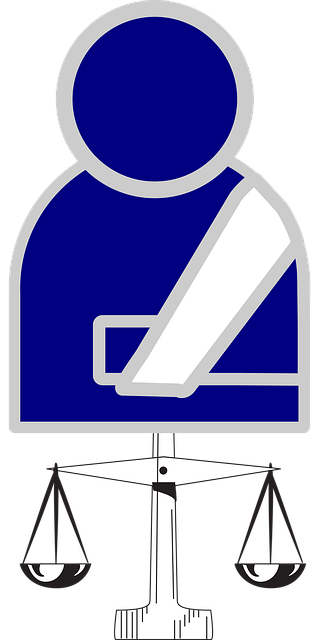A lost wages claim seeks financial compensation for reduced or denied earnings due to employment issues or medical negligence, with tax implications playing a significant role in settlement calculations. Understanding these implications is crucial, as settlements may be considered taxable income, and consulting tax professionals ensures compliance and maximizes net compensation.
Discovering you’re owed back pay can be a relief, but understanding the tax implications of a lost wages settlement is crucial. This guide breaks down everything you need to know about the tax obligations associated with lost wages claims. We’ll walk through the process, from understanding your settlement to navigating complex tax forms and documentation. By the end, you’ll be equipped to navigate this aspect of your claim smoothly and ensure compliance with tax regulations.
- Understanding Lost Wages Settlement: What It Entails
- Tax Obligations Arising From such Settlements
- Navigating Tax Forms and Documentation for Lost Wages Claim
Understanding Lost Wages Settlement: What It Entails

A lost wages settlement is a financial compensation paid to an individual who has experienced a reduction or loss of earnings due to various reasons, including but not limited to employment-related disputes. This can arise from contract breaches, such as wrongful termination or non-payment of agreed-upon wages, as well as situations like medical negligence that prevents an employee from working. In simple terms, it’s a form of reparation for income that was either denied or delayed unjustly.
These settlements often involve complex calculations to determine the fair market value of the lost wages, taking into account factors such as the individual’s earnings history, industry standards, and potential future income. When navigating a lost wages claim, understanding the tax implications is crucial. Depending on the circumstances, various taxes may apply, including income tax, social security, and Medicare contributions, which can significantly impact the overall settlement amount received by the claimant.
Tax Obligations Arising From such Settlements

When pursuing a lost wages claim, individuals often seek compensation for income they would have earned but for an employer’s wrongdoing. While this financial relief is essential, it’s crucial to understand the tax implications that can arise from such settlements. The taxes owed on these awards depend on various factors, including the type of settlement and local tax laws.
In many cases, the settlement amount is considered taxable income, meaning you’ll need to pay income tax on the full compensation received. This includes personal injury claims and nursing home abuse settlements that result in backpay or future earnings. Employment contracts often specify how lost wages should be handled in terms of taxation, so it’s important to review these documents carefully. Furthermore, consulting with a tax professional is advisable to ensure compliance with tax obligations and to avoid unexpected financial burdens after receiving a lost wages claim settlement.
Navigating Tax Forms and Documentation for Lost Wages Claim

When pursuing a lost wages claim, understanding the tax implications is an essential part of the process. The settlement from such claims often involves a significant sum, and navigating the associated taxes can be complex. Tax forms and documentation play a crucial role in ensuring you comply with legal requirements and maximize your compensation.
Injury compensation or settlements arising from real estate disputes and truck accidents, for instance, may trigger specific tax obligations. A qualified tax professional or attorney specializing in these matters can help guide you through the process. They will ensure that all necessary forms are accurately completed and submitted to the appropriate tax authorities, taking into account state and federal regulations. This meticulous attention to detail is vital to avoid penalties and maximize the net amount from your lost wages claim.
When pursuing a lost wages claim, understanding the tax implications is crucial. This article has outlined the process, from grasping the nature of such settlements to navigating the associated tax obligations and forms. Remember that while a successful lost wages claim can provide financial relief, it’s essential to consult a tax professional for personalized guidance on filing accurately and avoiding unexpected taxes. In terms of maximizing your compensation, knowing these implications is a step towards ensuring you receive what’s rightfully due, without any unwelcome surprises come tax time.






